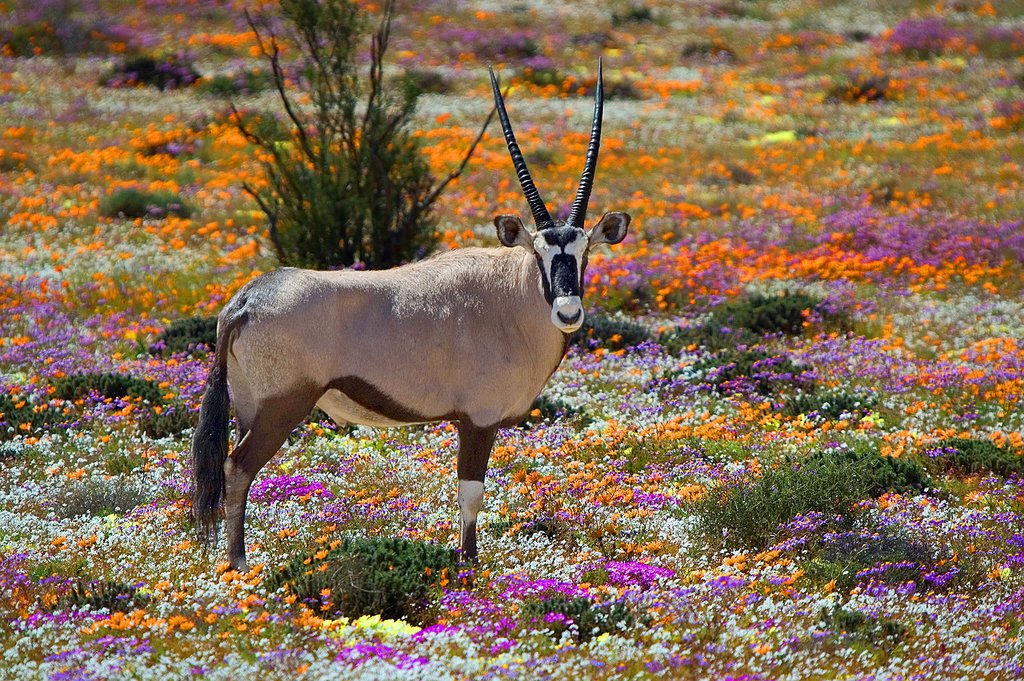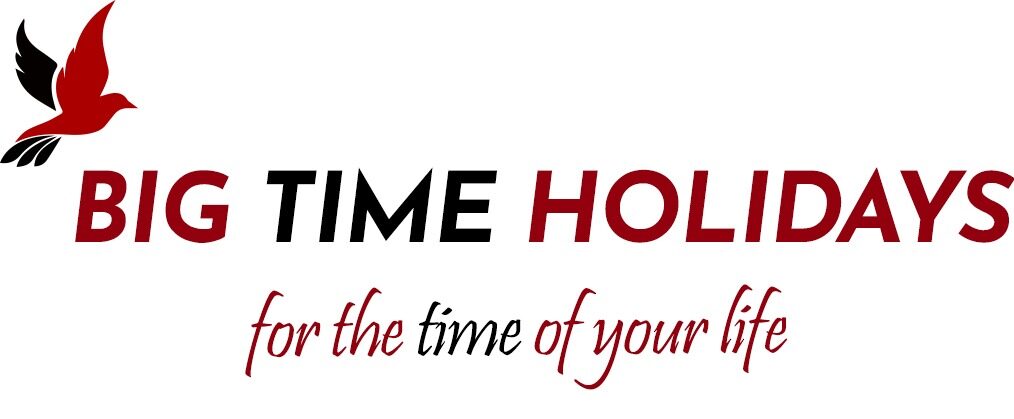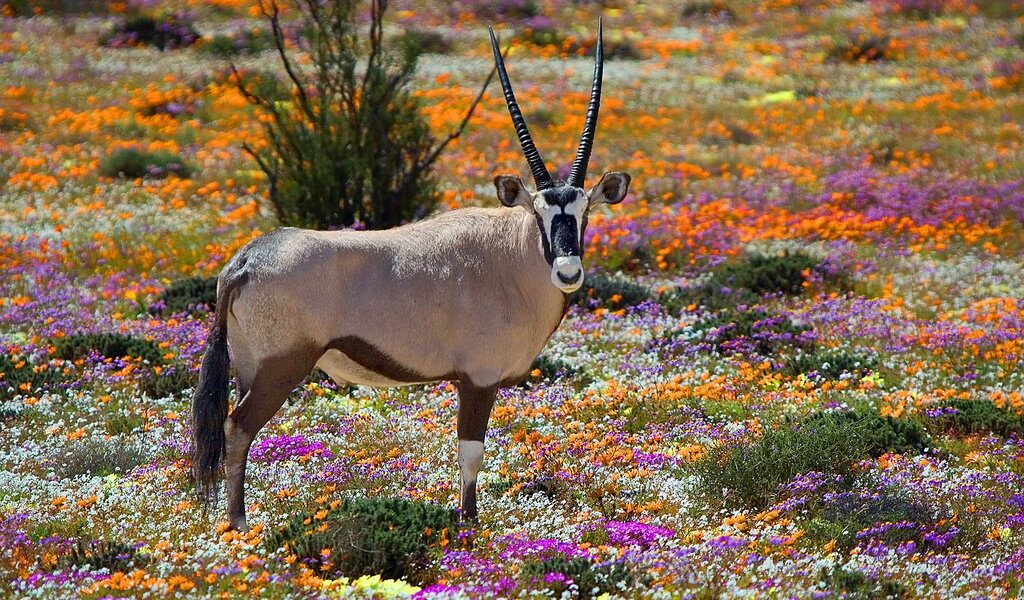
July might be right in the heart of the chiller South African winter, but those who venture here during this month are in for some pleasant surprises. July is as good a time as any for a safari; pregnant female whales are giving birth close to shore off the Western Cape, the wildflower season is beginning, and snow in the mountains means skiing! Plus, South Africa hosts some cool shindigs, from film festivals to the nation’s top horse-racing event.
The heart of winter in South Africa brings with it a unique blend of clear, crisp skies and mild days, which then transition into notably cold nights. These chilly evenings are particularly pronounced in the elevated high veld regions and within the boundaries of the northern game parks. For those venturing into these areas, packing warm clothing is absolutely essential. This is because late afternoon and early morning game drives can become quite brisk as temperatures plummet, often dipping below the freezing mark. The upside to this weather pattern is that game viewing in the northern parks reaches its zenith during this time. The vegetation has thinned considerably, making it easier to spot wildlife, and the animals tend to congregate around the remaining waterholes, creating spectacular viewing opportunities.
While the allure of adding **Cape Town** to your safari itinerary might be strong, it’s important to consider that the **Western Cape** experiences a different kind of winter weather. July often brings rain-swept skies and considerable cloud cover to this region, leading to the **Cape of Good Hope** earning its historic and somewhat ominous nickname: “Cape of Storms.” For travelers whose hearts are set on a beach vacation, a more suitable destination would be **KwaZulu-Natal**. Here, the Indian Ocean coastline enjoys a period of tropical winter sunshine, providing the perfect setting for a combined safari-and-beach experience. In terms of temperature, **Cape Town** averages around 55°F (13°C), while Johannesburg sees an average of 51°F (11°C). In contrast, Kruger boasts a much warmer average of 75°F (24°C). The **Drakensberg Mountains**, meanwhile, are likely to be adorned with a picturesque blanket of snow, adding to the winter wonderland scenery.
During the mid-year school holiday break, which often extends into mid-July, popular tourist accommodations tend to be fully booked. This surge in demand naturally leads to premium prices. However, there’s a silver lining: many safari game lodges offer enticing bargain rates once the school break concludes towards the end of the month. Therefore, delaying your safari until this later period can result in significant cost savings. In contrast, **Cape Town** experiences its lowest prices and fewest crowds during this time, making it an attractive option for those seeking a quieter and more affordable getaway. Further east, the whale-watching season is in full swing, which means that roads can be congested. If you’re planning on spending the night in **Plettenberg Bay**, booking your accommodations well in advance is highly recommended to avoid disappointment.
July in South Africa is practically synonymous with a northern game park safari. The summer rains are long gone, the skies are clear and expansive, and visibility is exceptional. The dry landscape forces the wildlife to gather around the remaining watering holes, creating unparalleled opportunities for observing animal behavior and capturing stunning photographs. **Kruger National Park**, being the most famous, naturally attracts large crowds, especially during the initial part of July. However, once schools reopen in mid-July, the park tends to become less crowded.
If you’re looking for a less crowded alternative, consider exploring some of the lesser-known reserves. **Hluhluwe Umfolozi Game Park** in **KwaZulu-Natal** offers a fantastic safari experience, or you could venture northwest to **Kgalagadi Transfrontier Park**, which borders Namibia. Another option is the nearby **Ai-Ais Richtersveld Transfrontier Park**. Keep in mind that accessing the latter requires a high-clearance 4WD vehicle. Here, you’ll be rewarded with breathtaking desert landscapes that come alive with spectacular wildflowers blooming in July along the West Coast. While August is typically the peak month for flower tours, visiting in July allows you to appreciate the floral displays before the larger crowds arrive at Ai-Ais Richtersveld and the nearby **Namaqua National Park**.
Nature’s spectacle isn’t limited to the land. Along the coast east of **Cape Town**, July marks the arrival of southern right whales, which gather in large numbers close to shore after their epic migration from Antarctica. **Plettenberg Bay** is widely regarded as the prime location for witnessing this awe-inspiring event, as the females come here to give birth to their calves. On your way to Plettenberg Bay, consider making a stop at Stony Point to observe the African penguin colony up close. Regardless of your coastal destination, it’s advisable to bring warm clothing, as the sea breeze can be quite chilling.
Don’t let the winter weather deter you from visiting **Cape Town**. Embrace the local spirit and indulge in the city’s cultural offerings. The **Two Oceans Aquarium** provides a fascinating glimpse into marine life, and the city boasts numerous excellent museums that cater to a wide range of interests. For gourmands, this is an ideal time to embark on a food-and-wine holiday in the **Cape Winelands**, where you can sample the region’s rich red varietals in cozy fireside settings. Additionally, it’s generally easier to secure a table at **Franschhoek’s** renowned and highly sought-after restaurants during this time. One exception to this is July 14th, when the town celebrates its French heritage with the vibrant **Bastille Day Festival**. Visiting in early July, before the school winter holidays begin in mid-month, is often the best strategy for avoiding crowds at popular venues.
After experiencing a must-do game safari in **Kruger**, consider taking the plunge into an adrenaline-pumping adventure: a cage dive with great white sharks in the **Gansbaai** area. Be sure to equip yourself with a thick wetsuit to brave the chilly ocean waters, and prepare for the invigorating rush that follows. For those seeking a different kind of shark encounter, you can dive with tiger sharks, ragged-tooth sharks, and hammerheads without a cage. These predators are drawn to the sardine run off the **KwaZulu-Natal** coast in mid-winter, when water clarity is optimal.
Winter in South Africa also means snow in the mountains, and where there’s snow, there’s the opportunity for snowboarding and skiing. Embark on a scenic road trip in a 4WD vehicle to **Tiffindell Ski Resort**, nestled on the slopes of Ben Macdhui mountain near the **Lesotho** border. While South Africa’s only alpine ski resort may not rival the grandeur of the European Alps, with its modest 6 acres (2.5 ha) and a drop of just 300 feet (90 m), it still offers a fun and unique experience. In most years, the snow is artificially produced, but the resort provides a cheerful and memorable winter adventure. Even though July is typically **Cape Town’s** wettest and coldest month, when the sun makes an appearance, seize the opportunity to ascend **Table Mountain** and take in the breathtaking panoramic views. However, it’s worth noting that the cableway usually closes for six weeks of annual maintenance during the second week of July.
Here are some of the exciting events taking place in South Africa during July:
**Vodacom Durban**, **Durban**. This prestigious event is a blend of horse racing and high fashion, drawing huge crowds and serving as a significant social gathering. Fashion enthusiasts and thoroughbreds alike take center stage at Greyville Racecourse. Booking your accommodation well in advance is essential.
**Durban International Film Festival**, **Durban**. Movie aficionados can immerse themselves in 12 days of thought-provoking films that explore various African themes. This festival, which typically takes place in late July, also features workshops and engaging talks by filmmakers.
**Knysna Oyster Festival**, **Knysna**. This popular 10-day festival is strategically timed to coincide with the early July school holidays. It offers a diverse range of activities, including sporting events (cycling and running), cooking classes and competitions, wine and whiskey tastings, live music performances, and an abundance of fresh oysters for all to enjoy.
(Word Count: 1298)
B-2301

